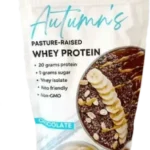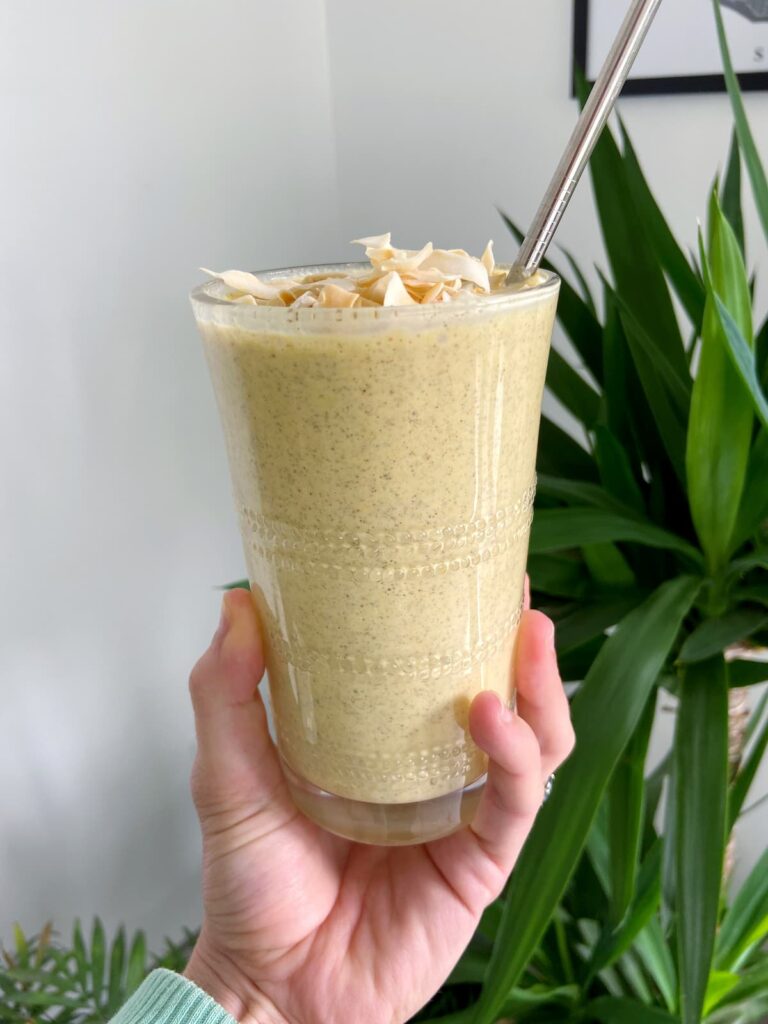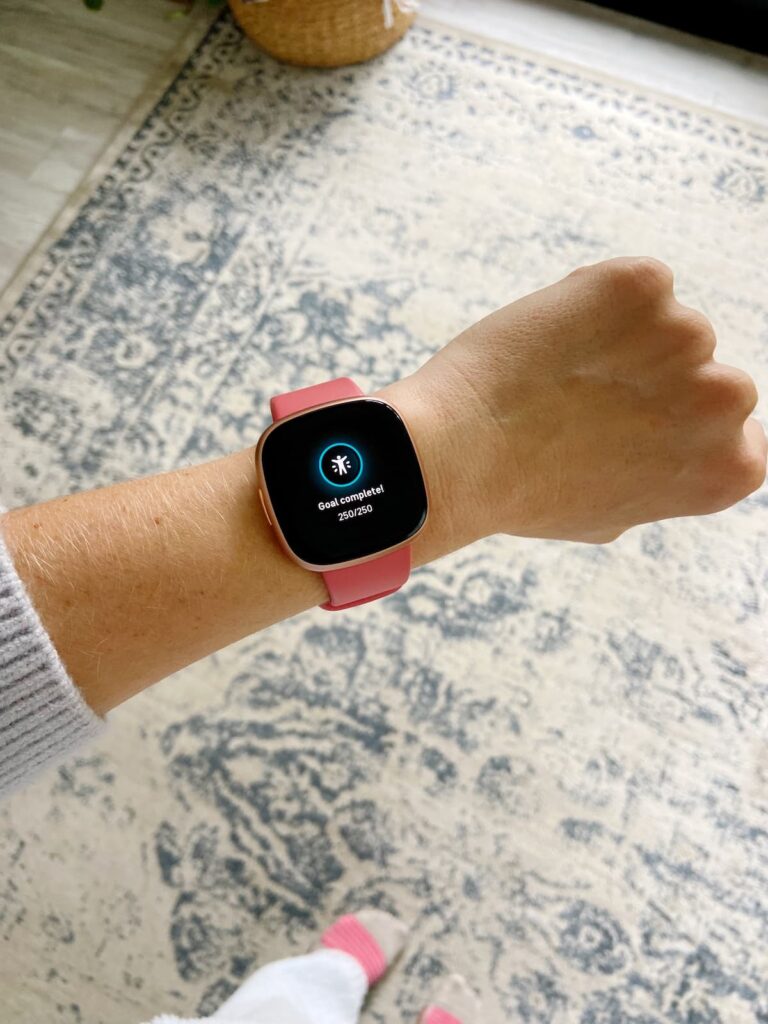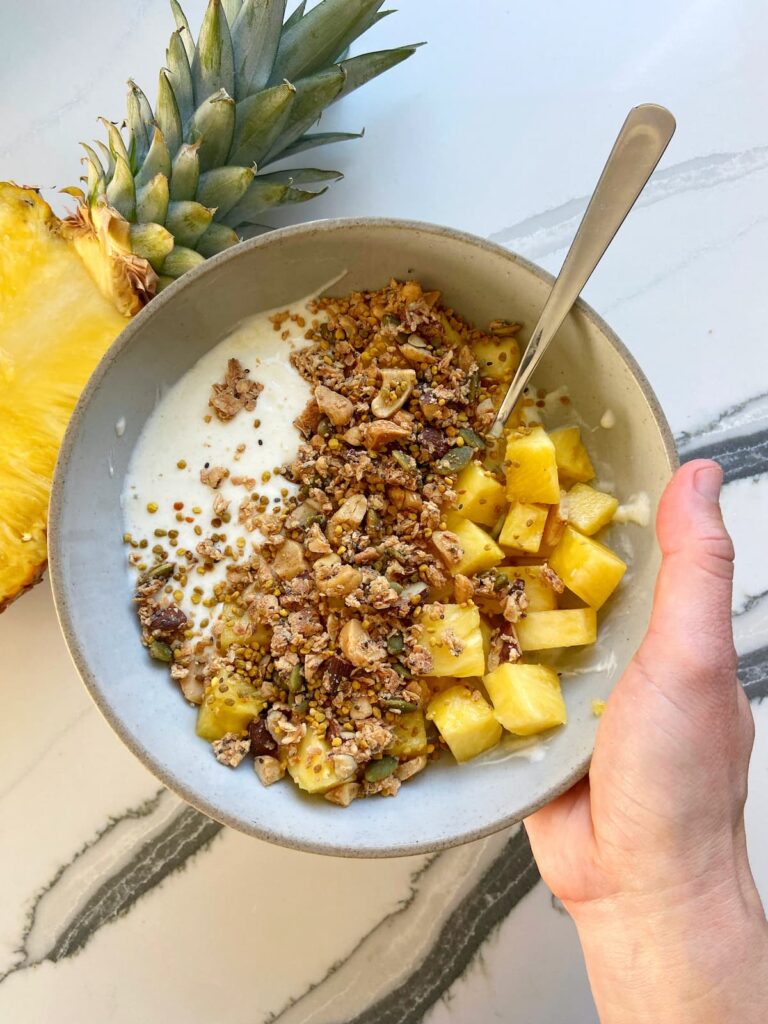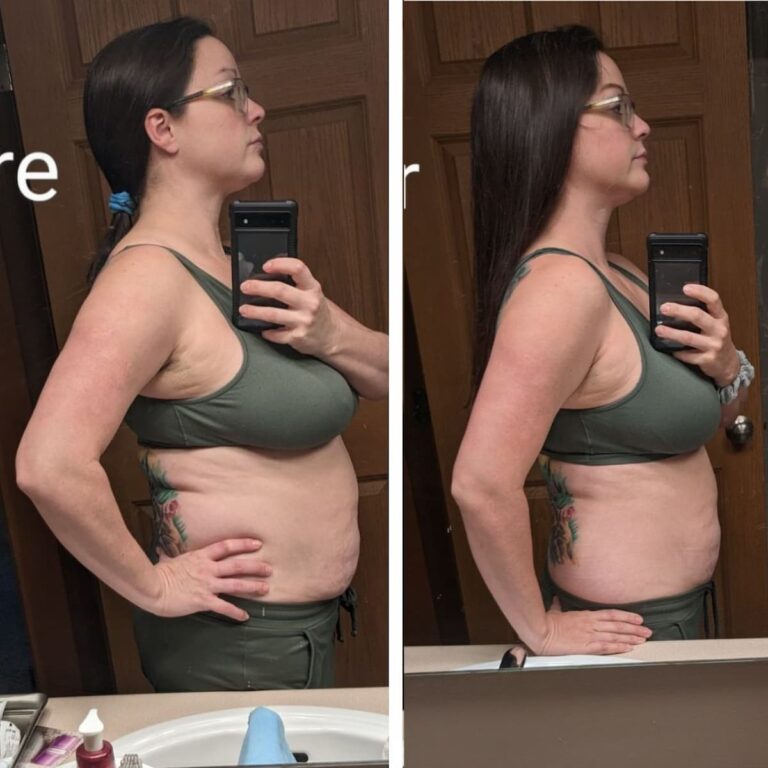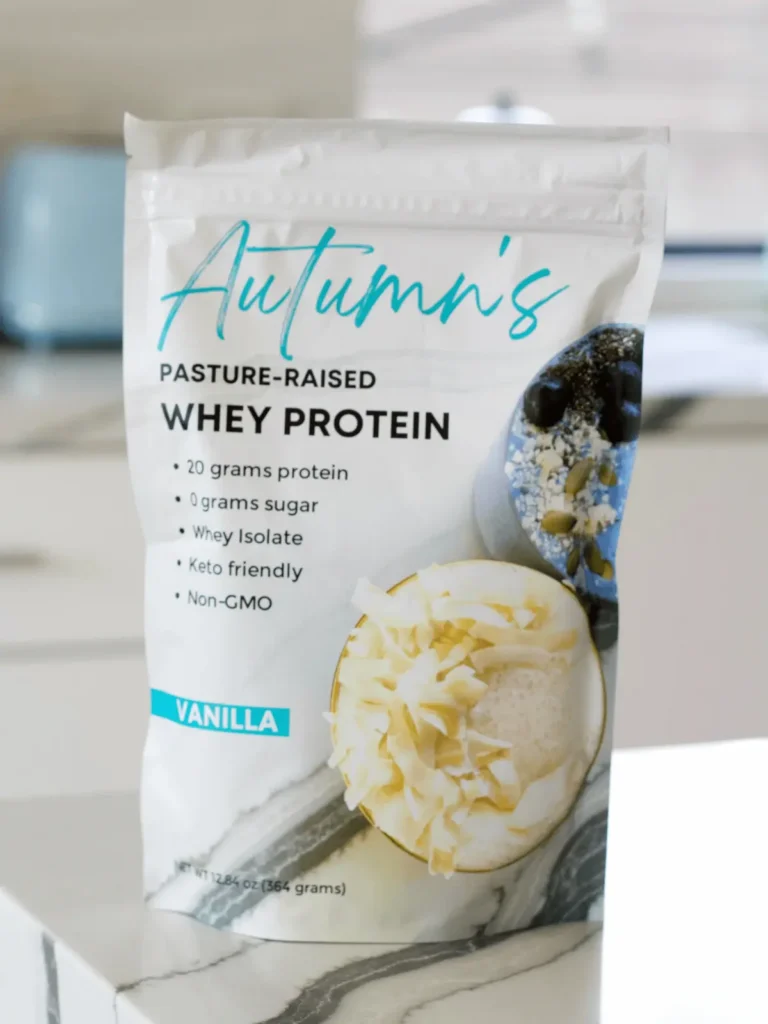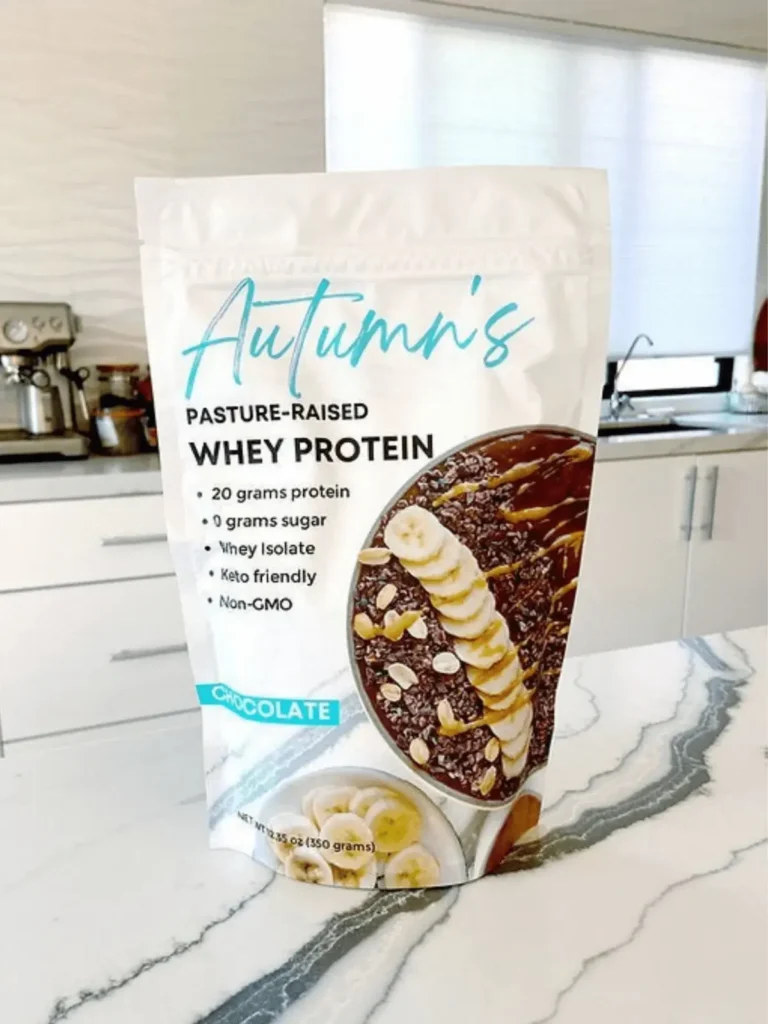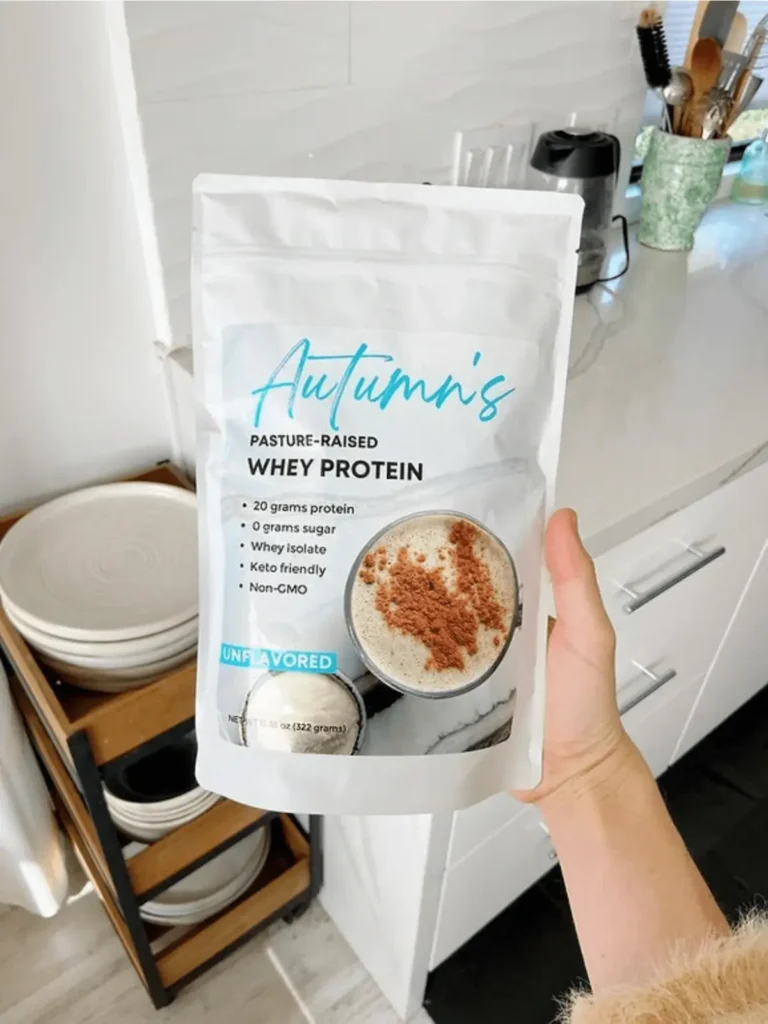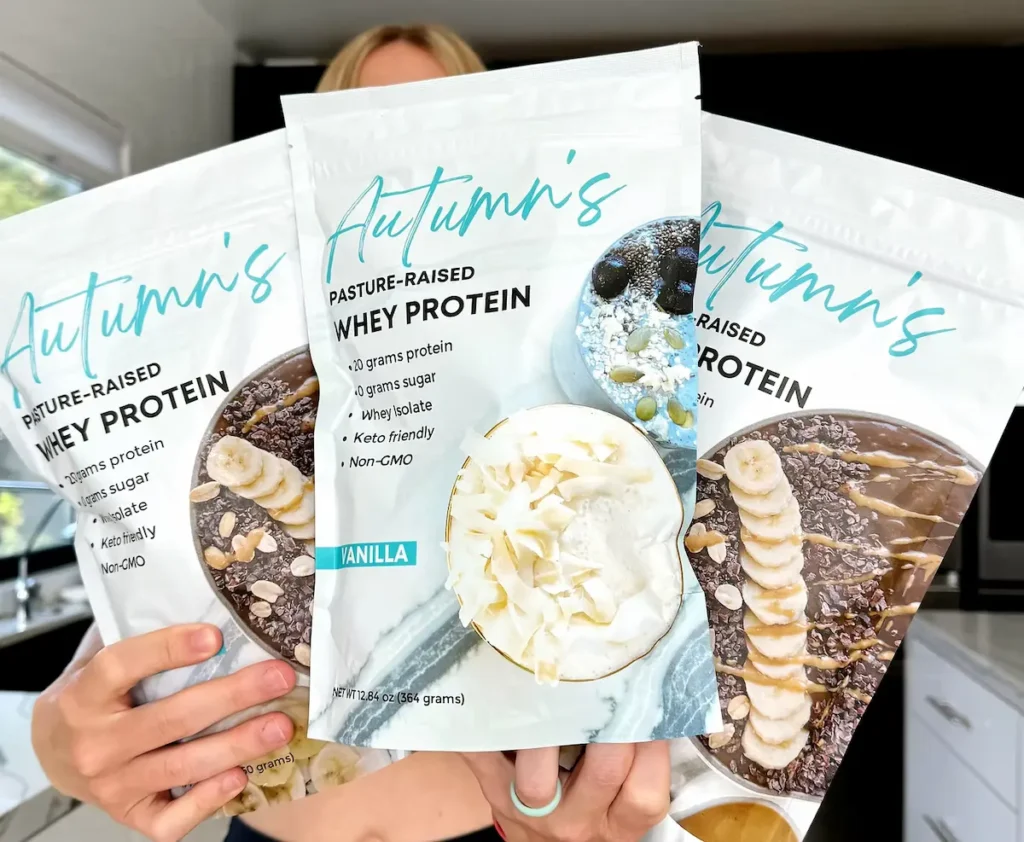Metabolic Flexibility is the key to sustainable fat loss results. This is everything you need to know about becoming metabolically flexible.

You know that stretching and being physically flexible is important for health and to prevent injuries. But what does it mean to be metabolically flexible? Is that a thing?
It’s definitely a thing, and just like being physically flexible, it’s really important, if not more so to achieving your health and wellness goals! Today I’m reviewing the deets on what it means to increase your metabolic flexibility, why you need to do it and how you get it done!
What is Metabolic Flexibility?
Your body has two main ways to make and use energy (your body actually has many various pathways it uses to make energy, but for the sake of keeping my nutrition rant to a readable minimum, I’m simplifying things a bit). You can use stored carbohydrates or stored fats.* Your ability to easily switch back and forth between using either stored carbs or stored fats is the level of how metabolically flexible you are. If you have inefficient or low functioning mitochondria (energy source within your cells), then it will only utilize stored carbohydrates and not stored fat as fuel. Your mitochondria can become inefficient if you eat processed foods, have a high carbohydrate diet, don’t include enough antioxidant rich foods, and many other methods. Most people are metabolically inflexible and are stuck in carbohydrate burning all day because their mitochondria aren’t efficient (watch an entire video all about this HERE).
*Side note: yes, technically you can also use proteins. But once you’re at this level of energy usage, your body is in a state of starvation, which is no good.
The Science-y Deets
Carbohydrates are stored mostly in your muscles as glycogen. You have about 2,000 calories worth of glycogen maximum that your body can use at any given time for energy. Stored fats are stored in fat cells called adipocytes (or adipose tissue). Even if you are very lean – and I’m talking 10% body fat – you still have about 40,000 calories worth of energy stored as fat to use.
Since you have a lot less carbs to utilize, this isn’t a stable source of energy. That’s why you may find yourself having the munchies around 3pm, getting mood swings if you haven’t eaten (AKA hanger), or needing to eat every 2-3 hours. The more metabolically flexible you are, the easier it is for your body to tap into fat stores for a stable energy source.
What does it feel like to be Metabolically Flexible?
When you are Metabolically Flexible, you don’t get energy crashes, sugar cravings, or mood swings associated with not eating often. Your body has a steady source of energy and you feel the need to eat only when it is biologically necessary. Your blood glucose and insulin levels are stable, you have natural weight loss and muscle gain, and your bloating is gone due to not having to eat as often. You are still eating plenty of food, you just don’t need to eat as often in order to satiate those insane hunger pangs.
How do you become Metabolically Flexible?
Like any type of training, you need to have the right tools. The two best tools at your disposal for training your body to become more metabolically flexible are Intermittent Fasting and Nutrient Timing. Intermittent Fasting helps your body to utilize fat as fuel more easily and allows your gut to rest. Read more about Intermittent Fasting HERE. Nutrient timing helps to provide the nutrients your body needs throughout the day depending on your hormone levels and energy requirements. For example, utilizing starchy carbs at night and less sugar in the morning are both excellent ways to increase your Metabolic Flexibility.

Tap into fat burning
The 21 Day Intermittent Fasting Program
The 21 Day Intermittent Fasting Program provides step-by-step strategies to help you use Intermittent Fasting with delicious, protein-packed meals to support fat loss, reduce hunger, and boost gut health.
